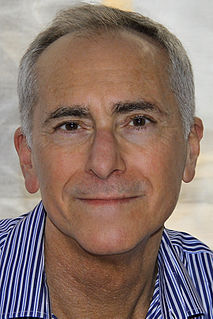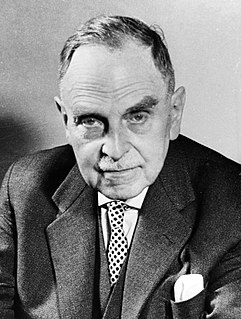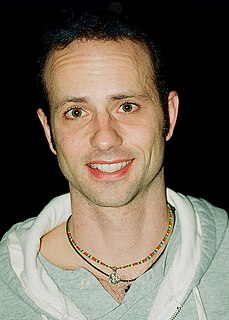A Quote by Alexander Chee
Acadia was founded in 1916 by Woodrow Wilson as the first Eastern national park, aided by rich men, often with middle initials, the 'rusticators,' as they were known then, the first of our wealthy out-of-state visitors.
Related Quotes
When Arthur Schlesinger Sr. pioneered the 'presidential greatness poll' in 1948, the top five were Lincoln, Washington, Franklin D. Roosevelt, Woodrow Wilson, and Jefferson. Only Wilson appears to be seriously fading, probably because his support for the World War I-era Sedition Act now seems outrageous; in this analogy, Woodrow is like the Doors and the Sedition Act is Oliver Stone.
And when at some future date the high court of history sits in judgment on each of us, recording whether in our brief span of service we fulfilled our responsibilities to the state, our success or failure, in whatever office we hold, will be measured by the answers to four questions: First, were we truly men of courage... Second, were we truly men of judgment... Third, were we truly men of integrity... Finally, were we truly men of dedication?-
Woodrow Wilson is reported to have told a Princeton colleague, shortly after the 1912 election, "It would be an irony of fate if my administration had to deal chiefly with foreign problems, for all my preparation has been in domestic matters." In the event, Wilson's early months were marked by substantial domestic legislative accomplishment. Unfortunately, after Europe plunged into the Great War in August 1914, Wilson's leadership was uncertain.
That strain of anti-monopoly crusading egalitarianism really runs throughout American history from [Tomas] Jefferson to Woodrow Wilson, that finds its apotheosis in [Louis] Brandeis, continues through the New Deal, but then it sort of peters out in the '60s because progressives in particular become more interested in extending equality to minorities, and women, and other excluded groups, and little more suspicious of these old white guys, often from the south, who were crusaders against monopolies.
On the lip of the Grand Canyon. I've always wanted to do that. My very first TV special out of the Olympics was on a glacier in Alaska. Right after that one, I went and pitched this idea to skate in three National Parks. Like Voyageurs National Park, because it freezes over and you have these little islands that you can skate around. [The networks] were like, 'Way too expensive.'
It's good to see so many friends here in the Rose Garden. This is our first event in this beautiful spot, and it's appropriate we talk about policy that will affect people's lives in a positive way in such a beautiful, beautiful part of our national - really, our national park system, my guess is you would want to call it.
My family was lower middle class, and my parents both worked, so we couldn't take proper vacations. We'd go for three days to Santa Barbara or to the desert, so my first real vacation came was when I was 12, when friends of my parents were taking their kids away. We went to Grand Canyon, Bryce Canyon, and Zion National Park in Arizona and Utah.




































